Auralee Wallace is the author of multiple novels, including the Otter Lake mystery series and the Evenfall Witches B&B Mysteries. She has an undergraduate degree in psychology and a master’s degree in English literature, and she worked in the publishing industry for a number of years before teaching at the college level. When this perpetually sleep-deprived mother of three children and one rescue cat isn’t writing, reading, or playing soccer, she can be found watching BBC mysteries and warring with a family of peregrine falcons for the rights to her backyard.
When I was a kid, my grandmother lived next door to a man who shared his basement with a family of raccoons. (Yes, shared. Like roommates. Only furrier and with more paw-washing.) A natural spring had broken through his foundation years earlier, and instead of fixing it, he just…didn’t. The raccoons drank from it, rinsed their little hands, and went about their mysterious raccoon business, and he found comfort in their company.
In our small farming community, there weren’t crisis lines or visiting social workers. People just looked out for each other. So, my grandmother took it upon herself to be friendly to her eccentric neighbor who was considered a “loner” and “not good with people”. She invited him to her porch for chats, shared her leftovers, and introduced him to us grandkids. She didn’t do it for recognition, and I’m sure there were days she didn’t feel up to it, but he was her neighbor, and in a small town, that’s enough.
Now, before anyone goes off thinking my grandmother was some kind of saint, she had a few quirks of her own. She loved garage sales and auctions and was a bit of a hoarder (maybe more than a bit) when it came to antiques. She also liked to fall asleep listening to a police scanner, hoping to hear what her fellow townsfolk might be up to on any given night. (Hey, I’m not going to defend it, but this was long before the days of reality TV, and I imagine it counted both as entertainment and neighborhood watch.)
In small towns, you see the whole of people, their good days, their bad days, and the days when they throw the snow shovel clear across the lawn because they’ve just slipped for the hundredth time. When you’ve watched someone’s kids grow up, seen them through a loss, or just shared decades breathing the same air, they become part of your story. And when these people behave in ways considered eccentric or strange, the response is often, “What are you going to do? That’s just – insert name here.” (And spoiler alert: everyone’s name – including yours – is guaranteed to show up at least once or twice.)
My grandmother and her neighbor have been gone for decades now, but their quiet, imperfect, relationship taught me something I’ve carried into my stories: the highest stakes aren’t always about life and death. They’re about belonging. I’m not going to try to argue that in real life small towns are utopias. At their worst, they can be claustrophobic, judgemental, and culturally intolerant to outsiders. But fictionally speaking, they often promise acceptance, and that’s what readers come back for again and agaiLike any meaningful sentiment, though, this experience of connection isn’t always easy to get down onto the page. But there are some helpful things I try to keep in mind when I’m creating a community.
First comes the old adage of show don’t tell. Explaining how a small town “works” can only go so far. Whether it’s through a contentious town hall meeting, or a whispered exchange at the bookstore, or the “something big” that always seems to happen at the Raspberry Social, these events show what a town is made of. Something as small as who-sits-where at a local event can bring a town’s dynamics to life.
Next, characters with eccentricities must matter. They can’t just be quirky for the sake of quirkiness. I have written about a man who lives secluded in an attic with a pet crow named Dog, a town maintenance worker who likes to play chicken with pedestrians while on his riding lawn mower, and a suspicious neighbor looking to start up a paranormal watchdog committee – all within the same book. The thing is each of these characters was integral to the plot, and they had reasons for their life choices. The reasons are key. Without them, readers have trouble feeling empathy. With them, even the strangest neighbor becomes human.
Finally, what happens in a small town is always personal. When a community member dies, they aren’t just a nameless victim. They’re your third-grade teacher or the person who’s been bagging your groceries for years. That’s what makes it sting. You can’t escape the connections. And remember, you can throw killers, plagues, vampires, or world-ending catastrophes at your characters, but if readers don’t care about the relationships at stake, the story won’t land.
Looking back at the memory of my grandmother with her neighbor, I can’t help but wonder how much I didn’t know about the bigger picture. I was a child. There was likely a lot I missed. But I do know the message she passed along to us kids was about the importance of being neighborly, and that still resonates within me. In the end, small towns teach us that we’re all somebody’s neighbor. Depending on the day, this can be either the best thing in the world, the worst – or some “nosey” place in between – but it’s always worth writing about.
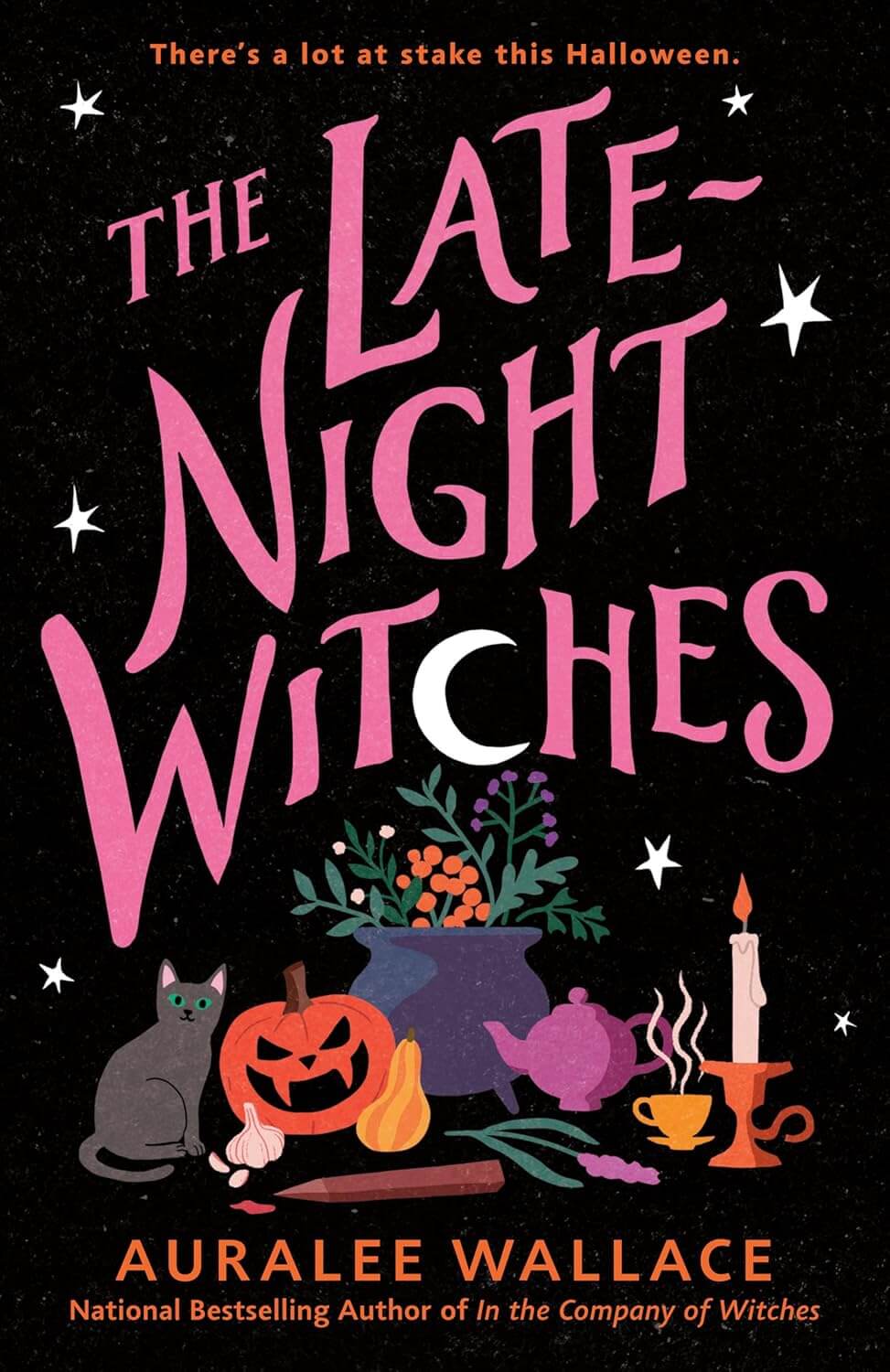
The Late-Night Witches by Auralee Wallace
Cassie Beckett’s life is painfully mundane, and she spends most of her time keeping her three kids and younger sister in check. But when vampires arrive on Prince Edward Island as the witching month of October begins, Cassie comes face-to-face with buried family secrets, new powers, and one mission: rid the island of vampires. As Halloween night rapidly approaches, Cassie must learn what it means to be a witch and finish what previous generations of witches started.
Buy the book now: Bookshop.org | Amazon | Barnes & Noble


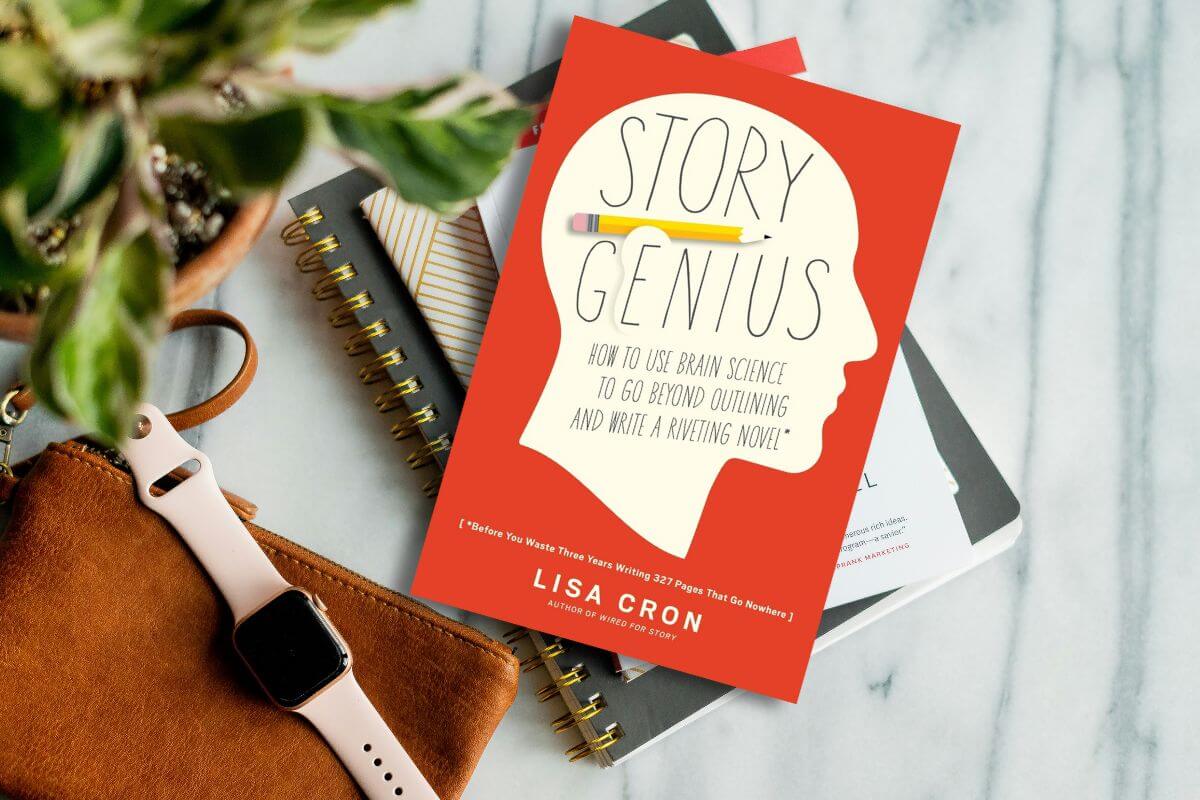
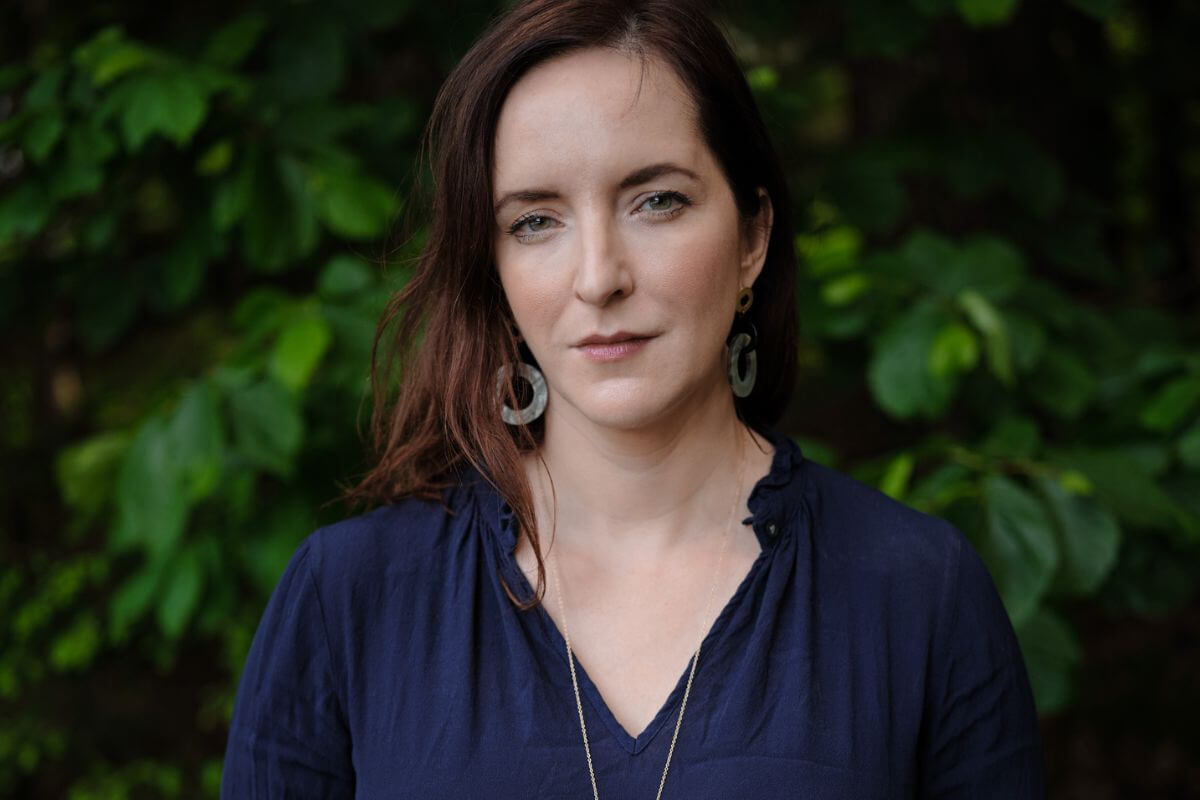




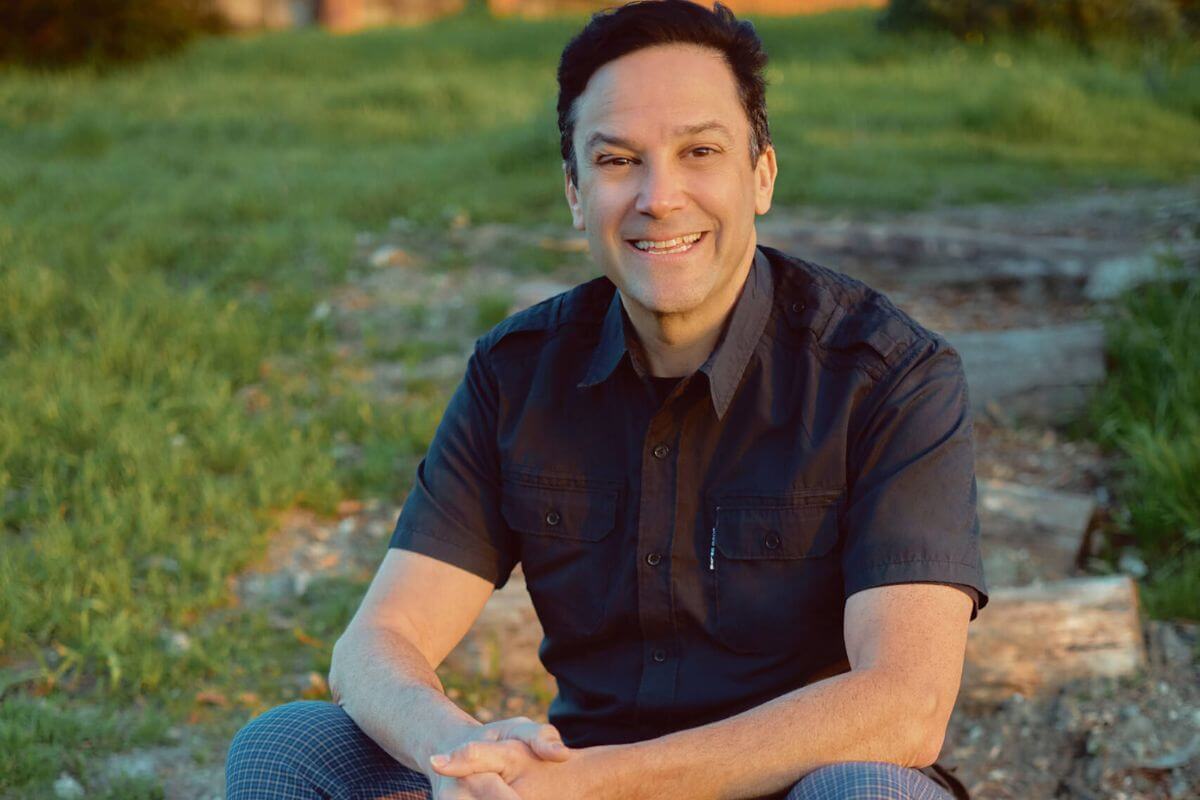




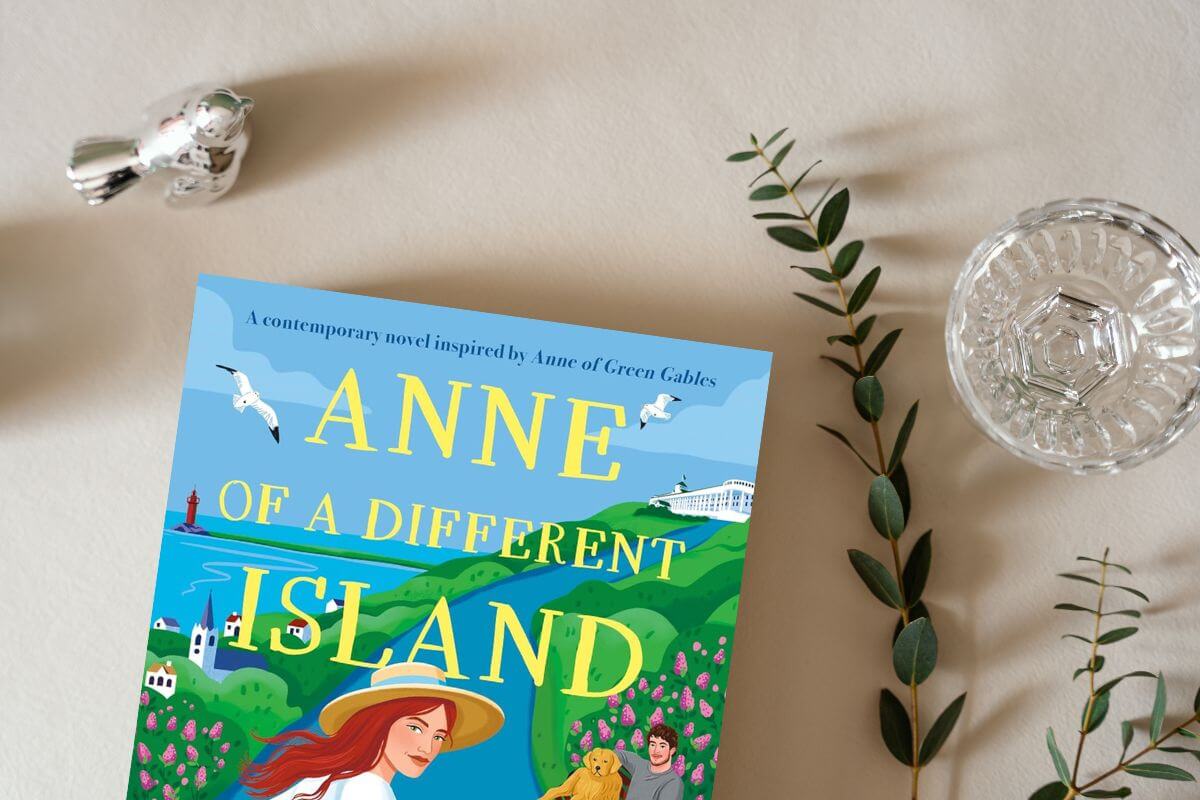
Leave A Comment